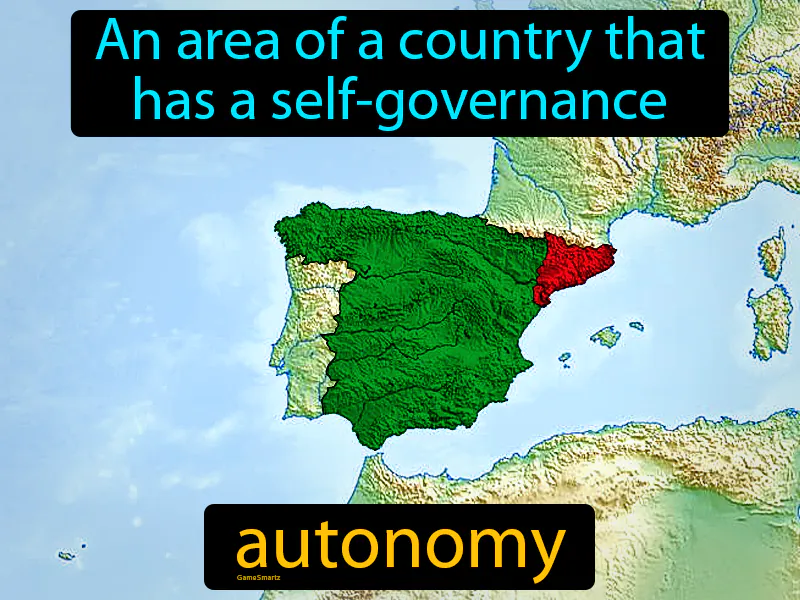Autonomy
Autonomy: Easy to understand
During the period of 1790-1850, many regions in Europe and Latin America fought for autonomy, or the ability to govern themselves, often in response to oppressive rule by larger empires or foreign powers. These revolutions were driven by a desire for independence, self-determination, and the ability to make decisions that reflected local needs and cultures, rather than being controlled by distant rulers. Autonomy was important because it allowed people to shape their own laws, economies, and societies, leading to more democratic and representative systems. Today, autonomy still matters as it ensures communities and regions can address their unique challenges and priorities without outside interference, promoting fairness and equality. For example, indigenous communities in various countries continue to seek autonomy to preserve their cultures and manage their lands according to their traditions, affecting how they live and thrive today.

Practice Version

Autonomy: An area of a country that has a self-governance. autonomy. Autonomy is when a region or group has the power to govern itself independently from external control.